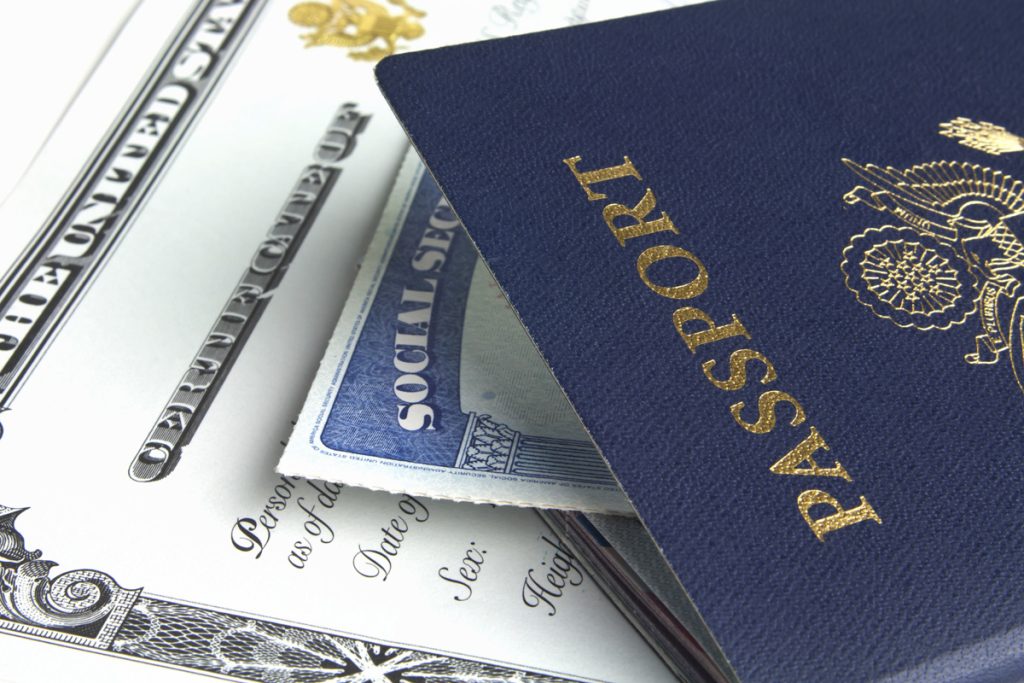The bad news is that 27 million Americans, including many seniors, have been victimized by identity theft and fraud. The good news is that by learning how seniors can avoid identity theft and following some simple common-sense steps, you don’t have to be one of them.
Identity theft is when a criminal steals your personal identifying information and uses it without your permission. Fraud occurs when someone intentionally falsifies information to receive payment for services not provided. Both are especially prevalent among older adults.
Seniors are targeted for these scams for several reasons. First, older Americans are more lucrative targets because they tend to have more money. Also, Seniors are more likely to be in hospitals, nursing homes or engage other healthcare services where their personal information is available to many different people on an ongoing basis. In addition, the elderly tend to be more trusting when receiving emails or phone calls. If you depend upon relatives, friends or strangers for support and caregiving, you may not be suspicious of unsolicited help or offers that appear.
The sad fact is that when identity theft or fraud does appear, many Seniors are often unaware of it or don’t take immediate steps to fix the problem. By then, it might be too late to contain the damage. Or, they may be less likely to report it because they worry that family members will assume they are no longer capable of handling their own finances, or even living independently.
How to Protect Yourself
According to St. Johns County Sheriff Robert Hardwick, two common sense rules are especially helpful in protecting yourself from identity theft and fraud. First, says Hardwick, “Be alert. If it sounds too good to be true, it probably is. Also, it never hurts to ask for help from a family member, social worker, or financial institution.”
Following these simple steps is a good way to protect yourself:
- Do not give out financial information such as checking and credit card numbers, or your Social Security number, unless you know the person or organization. Never give it out over the phone.
- Don’t respond to email, text and phone messages that ask for personal information. Legitimate companies do not ask for information this way. Delete these messages.
- Do not give out your ATM PIN number to anyone.
- Report lost or stolen checks or credit cards immediately.
- Review your bank, credit card, and account statements, and the explanation of medical benefits from your health plan promptly. If a statement has mistakes or doesn’t come on time, notify the business.
- Shred all documents that show personal, financial, and medical information before you throw them away.
- Create passwords that mix letters, numbers, and special characters. Don’t use the same password for more than one account. Keep a list of your passwords handy.
- If you shop or bank online, use websites that protect your financial information with encryption. An encrypted website has “https: at the beginning of the web address: “s” is for secure.
- If you use a public wireless network, don’t send information to any website that isn’t fully encrypted.
- Use anti-virus and anti-spyware software, and a firewall on your computer.
- Set your computer’s operating system, web browser, and security system to update automatically.

How to Spot Fraud
If you can answer “Yes” to any of the following questions you may have been, or could be, involved in a fraud or scam: Did you respond to an email or phone call requesting you to confirm, update or provide your account information?
- Have you been informed that you were the winner of a lottery that you did not enter?
- Have you been instructed to wire, send or ship money, as soon as possible, to another country such as Canada, England, or Nigeria?
- Are you receiving pay or a commission for the facilitation of money transfers throughout the world?
- Did you receive a check (even a cashier’s check) for an item you sold on the Internet, such as a car, boat, jewelry, etc.?
- Is the amount of the check more than the item’s selling price?
- Did you receive the check via overnight delivery?
- Is the check connected to communication with someone by mail?
- Is the check drawn on a business or individual account that is different from the person buying your item or product?
If you suspect fraud, contact your financial institution immediately – they can help protect your accounts. You can also contact the Federal Trade Commission for guidance and assistance in reporting fraud.
Fraud has been around since the beginning of time. The difference now is that it often arrives in a different guise, such as on the internet or over the phone. Protecting yourself against identity theft and fraud is not that much different than using the common sense we exercise every day – Be vigilant, be skeptical about windfalls from strangers, be aware about who you give your information to, and, if you sense something wrong, be proactive immediately about reporting it to a reputable institution, a family member, or a trusted advisor.
For Medicare Fraud call this Hotline: 1-800-447-8477
To report fraud and receive guidance call your local bank.







